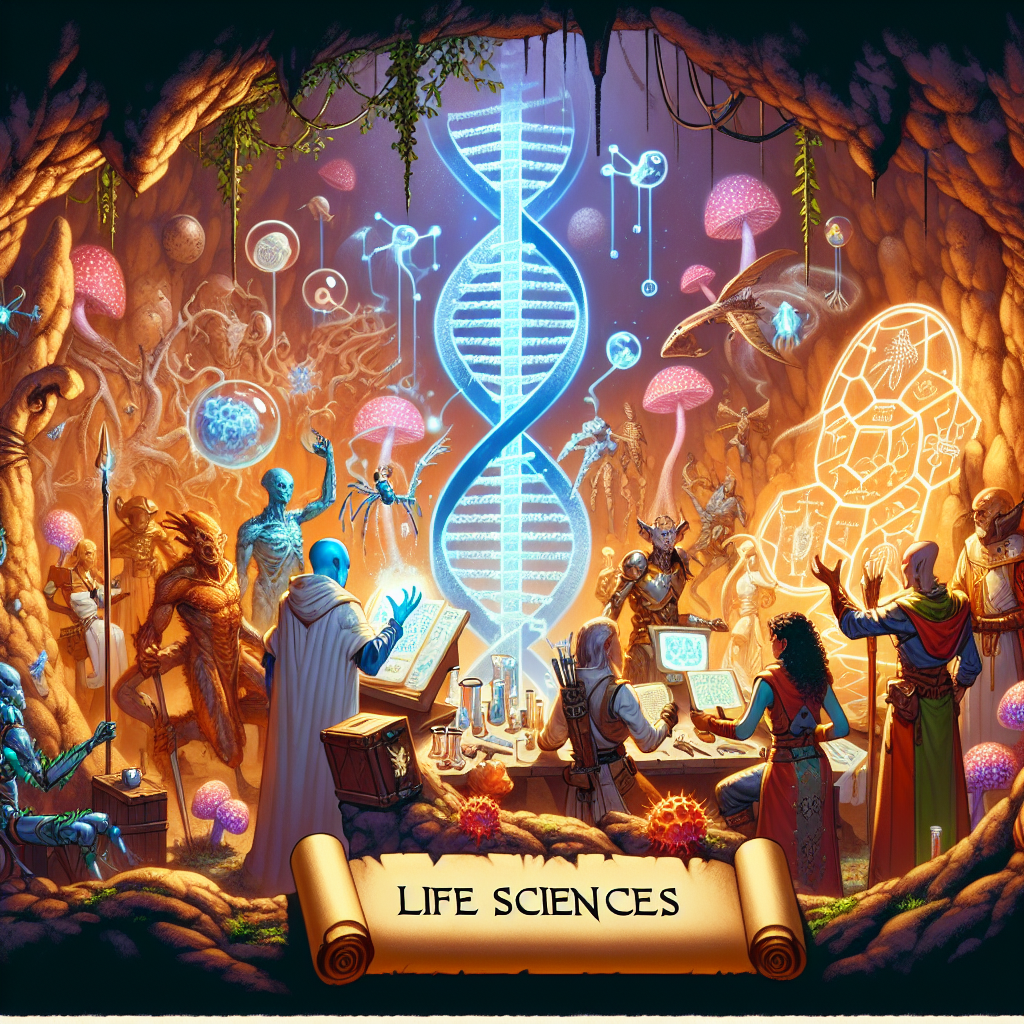Global Science Ventures: Space Talk, Giant Stick Insects, and Europe's Scientific Independence
Recent developments in science include a groundbreaking meeting between U.S. and Russian space chiefs on moon and ISS collaboration, the discovery of Australia's heaviest stick insect in a rainforest, and Europe's steps towards scientific independence by reducing reliance on American data for climate monitoring.

In a significant development for international space relations, NASA's temporary administrator, Sean Duffy, met face-to-face with Roscosmos' Dmitry Bakanov at the Kennedy Space Center in Florida. The discussions centered around collaboration on lunar missions and ongoing partnerships on the International Space Station, a relationship not in-person revisited since 2018.
Meanwhile, in a remote corner of Australia's rainforest, scientists have discovered a colossal new species of stick insect. Weighing 44 grams and stretching 40 centimeters, it's the heaviest of its kind found in the country, thriving among the region's notorious wildlife.
Simultaneously, Europe is looking to untether itself from American scientific data dependence, particularly in climate and weather monitoring. This strategic move follows a perceived rollback in U.S.-led scientific research, marking a pivotal shift in global scientific data management and collaboration.
(With inputs from agencies.)
ALSO READ
NASA Faces Major Workforce Exodus Amid Ongoing News Developments
ISRO and NASA's NISAR Satellite: A Leap in Global Earth Observation
NASA says 20% of workforce to depart space agency
ISRO-NASA Collaboration Rockets to Success with NISAR Launch
ISRO-NASA's NISAR Satellite Launch: A Milestone in Earth Observation










